The National Cyber Security Centre (NCSC) has noticed a notable increase in cybercrime incidents, such as phishing, fake websites, and malware, as evidenced by a growing number of reported cases. Among the various categories of cyber threats, fraud and phishing are the most prevalent.
The rise of automation in cyber attacks, particularly Ransomware-as-a-Service (RaaS), has rendered SMEs and supply chains increasingly vulnerable. It has been reported that 1 out of every 3 Swiss companies fell victim to cybercrime in 2021, resulting in significant financial losses. Nicolas Mayencourt, CEO of Dreamlab Technologies, emphasises “This statistic only accounts for reported cases, and it already represents a doubling compared to 2020.” He further stated, “The average financial damage caused by a cyber attack on an SME amounts to several hundred thousand Swiss francs. Severe attacks involving data theft and encryption can result in damages in the tens of millions.” According to the expert, despite this evolving landscape, many companies are not adapting their behaviors accordingly. “Numerous SMEs have limited resources or do not perceive themselves as potential targets.”
Cyber attackers are increasingly employing artificial intelligence (AI) methods, including deepfakes and voice cloning, to carry out their malicious activities. In response, Mayencourt advises SMEs to prioritise cybersecurity by focusing on employee awareness, keeping software up to date, utilising password managers, implementing two-factor authentication, practicing cautious online behavior, and regularly backing up data. “Effective protection doesn’t have to be costly and starts with the workforce.” Recognising the significance of the human factor, Mayencourt stresses the importance of raising awareness among employees and empowering them to proactively address cyber risks. He highlights that “well-trained employees become the most potent weapon in the battle against cybercrime.”
He also believes the public sector should contribute by creating a regulatory framework. “Particularly in the public domain, there is a need to establish a framework that governs our actions, rights, and responsibilities, similar to traffic laws.” He also cautions against relying solely on cybersecurity insurance as a safety net, stating, “Dependence solely on insurance would not be particularly beneficial. It could create misguided incentives concerning personal accountability.”

